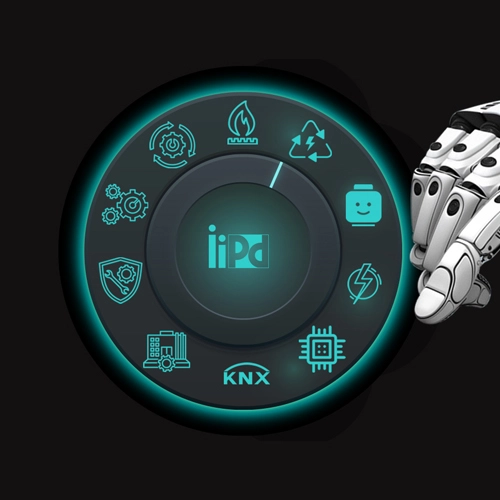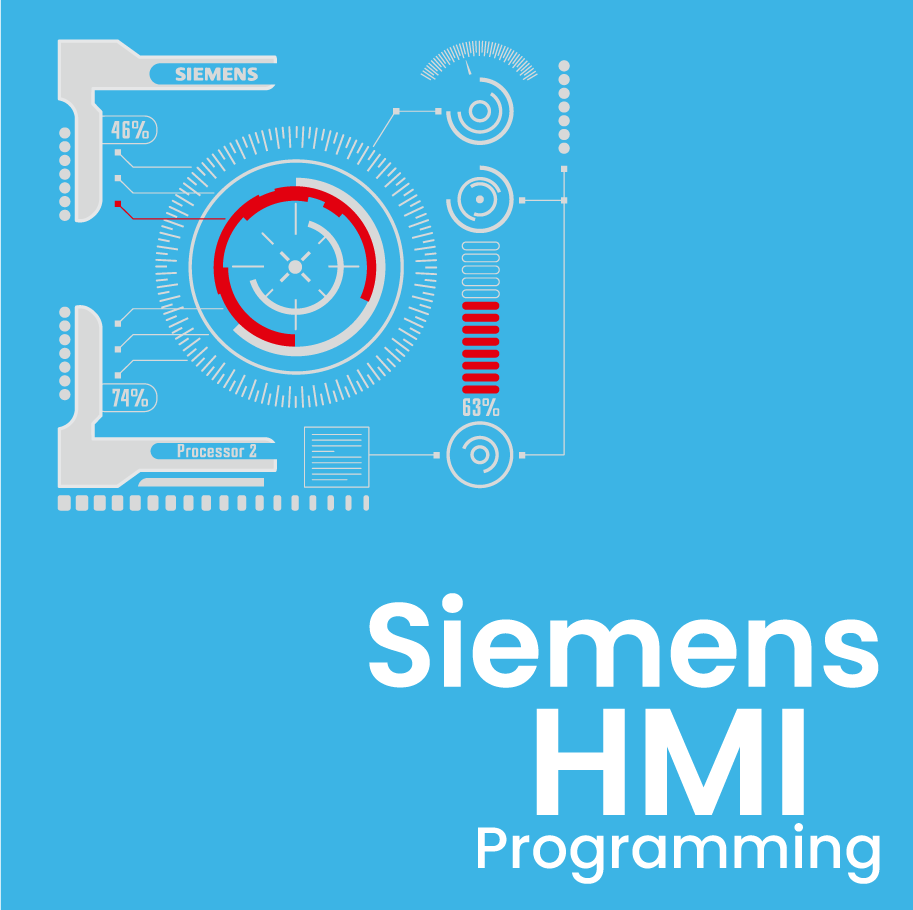Mastering Industrial Cyber Security with HIMA- TÜV Rheinland's Cutting-Edge Course
IIPD Global is proud to announce its strategic partnership with HIMA Dubai to deliver an exclusive TÜV Certified Industrial Cybersecurity course in the vibrant city of Dubai. This collaboration brings together the expertise of IIPD Global, a renowned leader in professional development and industrial training, and HIMA Dubai, a trusted name in industrial automation and safety solutions.
The jointly offered course represents a cutting-edge initiative aimed at equipping professionals with the essential skills and certifications required to navigate the complex landscape of industrial cybersecurity.
With the ever-growing importance of securing critical infrastructure, this collaboration ensures that participants gain a comprehensive understanding of cybersecurity principles tailored specifically for industrial environments.

Course Details
| Course Name | Start Date | Location |
| Industrial Cybersecurity Fundamentals Course | 24th January 2024 | Dubai, UAE |
| Industrial Cybersecurity Fundamentals Course | 15th February 2024 | Dubai, UAE |
| Industrial Cybersecurity Fundamentals Course | 12th March 2024 | Dubai, UAE |
| Industrial Cybersecurity Fundamentals Course | 10th April 2024 | Dubai, UAE |
What You'll Learn:
- Fundamentals of Industrial Cyber Security: Build a strong foundation in the principles and practices of securing industrial systems.
- Network Security: Master the art of protecting interconnected industrial networks against cyber threats.
- Risk Management: Develop skills to assess and mitigate cyber security risks in industrial environments.
- Incident Response: Learn effective strategies for responding to and recovering from cyber security incidents.
- Securing IoT Devices: Explore the unique challenges and solutions for securing the Internet of Things (IoT) devices in industrial settings.
- Regulatory Compliance: Understand and navigate the complex landscape of industrial cyber security regulations.
Examination
Upon successful completion of the final exam a “Letter of Confirmation” will be issued by TÜV Rheinland.
At the end of this training, you will be Aware of:
- Terms and Definitions
- Safety and Security
- Defense-in-Depth, Zones and Conduits IEC 62443)
- ISO/IEC 2700x, IEC 62351, National Standards
- Principals “Cyber Kill Chain”
- CIA-Triade, Scopes and Measurement
- Understanding CVE/CVSS/ CWE/NVD
Network Communication
- Basic Terms and Definitions (ISO/OSI, NAT, Protocol Architecture)
- Technical measures
- Firewall (SPI/DPI)
- 2-FA, PKI, VPN (IPSec / OpenVPN)
- Multi-Layer Security Models (e.q. Data-Diodes)
Organizational measures
- ISMS, Policies, Guidelines
- Risk Assessment
- Asset, Change-, and Patch-Management
Course Content
Below is the course content, which includes a detailed outline of topics and materials covered in the course. Explore and enhance your knowledge!
Module 1: Introduction, Terms & Definitions
- Security and Cybersecurity
- C-I-A triad
- IT Security vs OT Security
- Safety and Security
- Business Model (PPT Framework)
- Threats and Attacks
- Economic factors
- Real Cost of Security
- Cyber Insurance
- Security Controls
- Pentesting
- Cyber Forensics
Module 2: Standards & Guidelines
- ITU X1205 2.2 IEC 62443
- IEC 62351
- ISO 2700x
- Country-specific standards
- Europe-specific standards
- BSI-Grundschutz (ICS modules)
- VDI/VDE 2182
- Industry-specific guidelines (NA115, NA163)
- CERT
- CVE/ CVSS
Module 3: Communication Fundamentals
- Communication (Introduction, Types, Components, and Medium) 3.2 Communication Network (Types, Topology)
- Wired vs Wireless Network
- ISO/OSI Layer Model
- Ethernet
- VLAN
- WLAN
- Bluetooth
- Mobile 2G/3G/4G
- IPv4 /IPv6 address and subnet mask (V6)
- Switch & Hub
- NAT
- Routing
- Segmentation
- Protocol architecture TCP/IP
- TCP & UDP
- Upper layer protocols
Module 4: Technical Security
- Firewall (Introduction, Types, Generation, Modes, Characteristics) 4.2 DMZ
- Proxy Servers (Introduction, Types)
- Authentication (Introduction, Types)
- Authentication Protocols (Kerberos, RADIUS)
- Cryptography (Introduction, Function, Categories)
- Symmetric encryption
- Asymmetric encryption
- Key Management
- Hashes
- Digital signatures (MD5, SHA...)
- Digital Certificates
- PKI structures
- VPN
- IPSec
- SIEM
- Anomaly detection
Module 5: Technical Countermeasures
- Network segmentation 5.2 Remote access / VPN (remote maintenance)
- System hardening
- Redundancy
- Patch Management
- Antivirus
- Virtualization
- Interface Management
- IDS/anomaly detection
- Log / Security Monitoring
- Anti-malware / Intrusion Prevention
- Whitelisting
- Identity/access management
Module 6: Awareness
- Train the staff 6.2 Internal threats
- Need to Know Principle
- Security goals
- Confidentiality
- Non-Repudiation
- Accountability
- Availability
- Integrity
- Threat Landscape
- Known Cyber Incidents
- Cyber kill chain
- Vulnerabilities
- Social Engineering (Introduction, Techniques)
Module 7: Organisational Security
- ISMS 7.2 Policies
- Guidelines
- Risk assessment
- Defence in Depth
- Process
- Asset management
- Change management
- Patch management
- Disaster Recovery
- Backup
- Business Impact Analysis
- Recovery Tests
- Emergency Plan
The Next Course Session Starts Soon! Reserve Your Spot Today!






